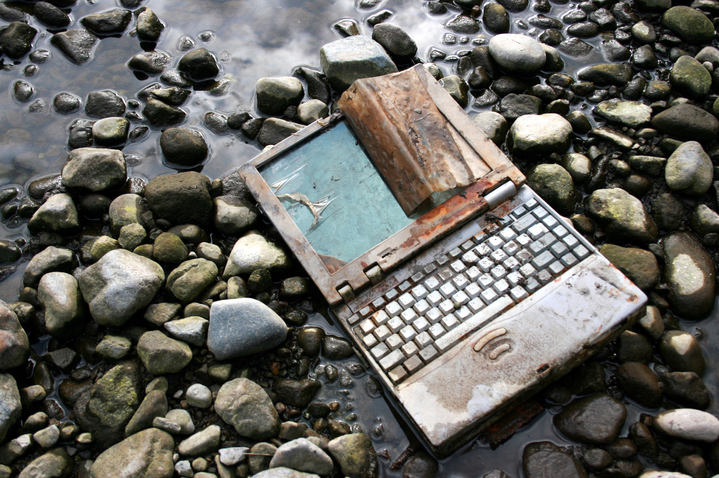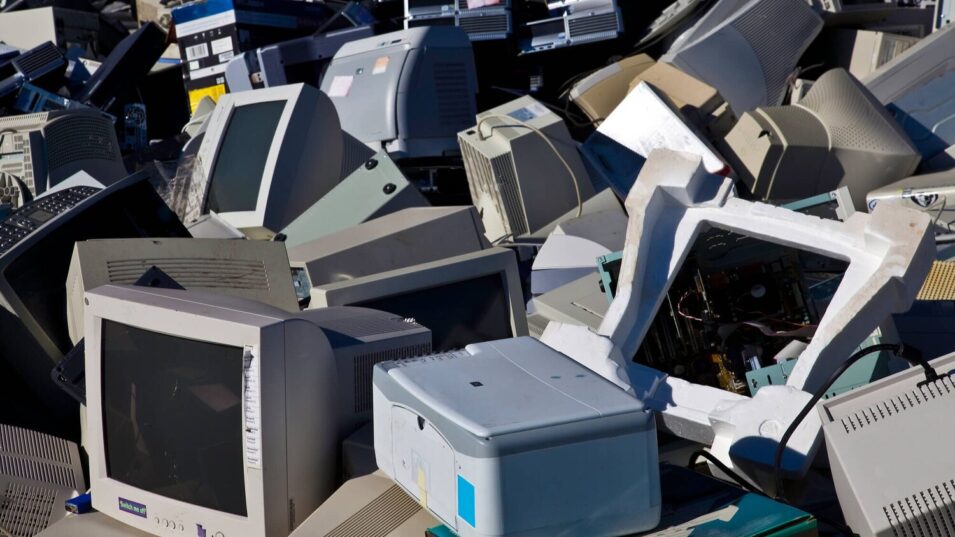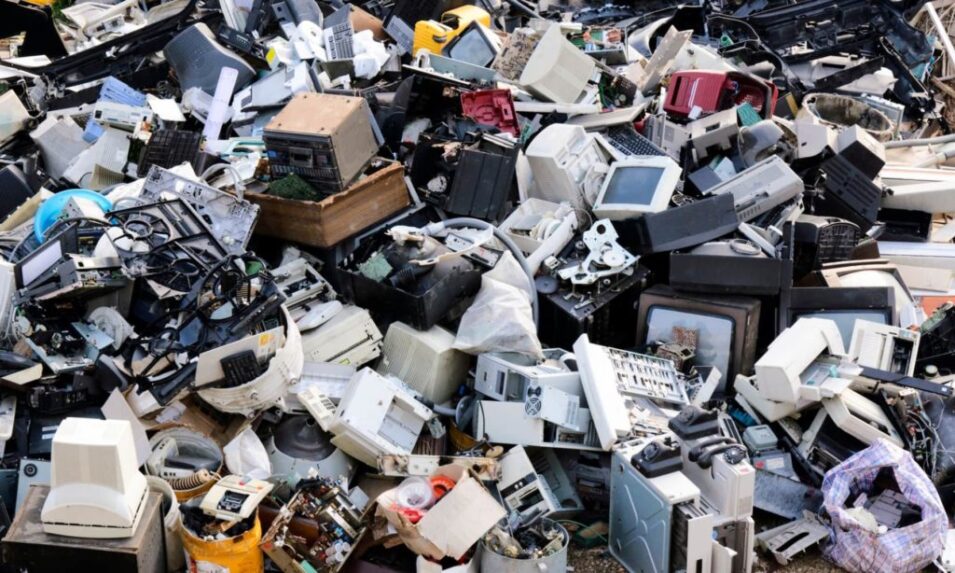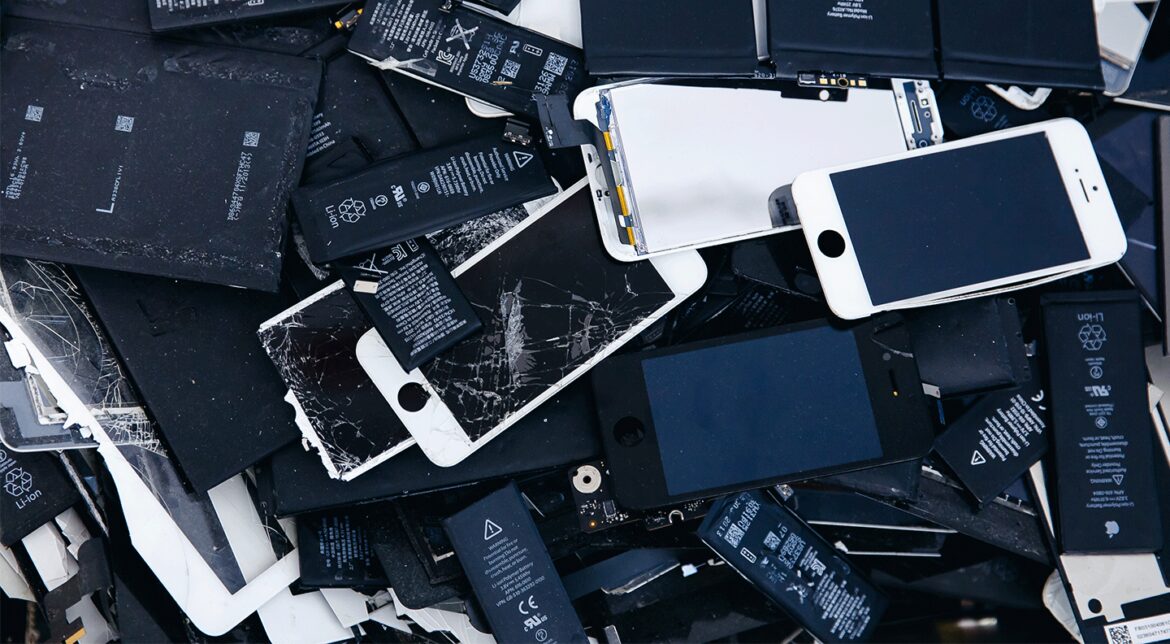As technology evolves rapidly, electronic waste has become a significant environmental and human health concern. E-waste refers to any electronic device no longer in use, such as old computers, phones, televisions, and appliances. Improper disposal can release hazardous chemicals and pollutants that can contaminate the soil, air, and water.
The great thing is that some companies are dealing with this problem. If you need an e-waste disposal professional in Denmark, check out awl-zentrum.de. This article will highlight the growing concern about e-waste disposal and provide practical steps individuals can take to address this issue.
The Impact On The Environment and Human Health

Electronic waste significantly impacts the environment and human health. When improperly disposed of old devices, they release various hazardous chemicals and pollutants into the air, soil, and water. These substances can lead to serious health problems, including cancer, reproductive issues, and neurological disorders.
Additionally, it contributes to the global problem of climate change by releasing greenhouse gases during the production and disposal. To combat these negative impacts, it is important to properly recycle and dispose it properly to minimize harm to people and the planet.
Hidden Dangers Of Improper Disposal

Many people do not realize the hidden dangers of improper disposal. When these devices are thrown away, they often end up in landfills or are illegally exported to developing countries. In these locations, it is often dismantled and burned, releasing toxic chemicals into the air and contaminating the surrounding environment.
Workers who handle the old equipment are often exposed to dangerous substances without proper protective equipment, leading to serious health problems. Additionally, the improper disposal can lead to water and soil contamination, harming human health and the natural ecosystem. To prevent these hidden dangers, recycling it properly and ensuring it is not exported to countries without proper waste management infrastructure is crucial.
How is Technology Contributing to the Crisis?
As technology continues to evolve, the rate of tech production is increasing at an alarming rate. Consumers are constantly upgrading to the latest devices, and many of them are designed to become obsolete quickly, encouraging frequent replacement.
The rise of digital technology has led to increased waste that is not easily recyclable, such as batteries and printed circuit boards. The result is a growing crisis that threatens the environment and human health. To address this issue, manufacturers must take responsibility for the life cycle of their products and design with recycling and sustainability in mind.
What Happens To Your Old Electronics When You Throw Them Away?

When you throw away old devices, they often end up in landfills or are illegally exported to developing countries. In these locations, they are typically dismantled and burned, releasing toxic chemicals into the air and contaminating the surrounding environment. That can lead to serious health problems for both workers and nearby residents.
Also, the valuable resources contained within these devices are lost when they are not properly recycled. By proper recycling process, these resources can be reclaimed and reused, reducing the need for new resource extraction and minimizing the environmental impact of production.
The Importance Of Responsible Recycling
Responsible recycling is crucial to minimizing the negative impacts of electronic waste on the environment and human health. When electronics are properly recycled, hazardous chemicals can be safely removed, and valuable resources can be reclaimed. That reduces the need for new resource extraction, saves energy, and reduces greenhouse gas emissions.
Moreover, responsible recycling creates jobs and stimulates local economies. To ensure responsible recycling, choosing a reputable e-waste recycling facility that follows environmental and labor standards and disposes of e-waste properly is important.
Safe And Responsible Disposal Is Crucial

Following a few key steps is important to safely and responsibly dispose of various tech equipment. First, back up any important data on your device and wipe all personal information. Next, determine whether your device can be reused or donated. If not, research local certified e-waste recycling facilities that follow environmental and labor standards.
Many electronics retailers also offer recycling programs. Be sure to choose a program that does not export e-waste to developing countries. When dropping off your e-waste, ask the facility what they will do with your electronics and how to dispose of any hazardous materials. It is also important to be mindful of the environmental impact of your future electronics purchases and choose products designed with recycling and sustainability in mind.
The Benefits Of Donating Or Selling Your Used Electronics
Donating or selling your used electronics can be a great way to extend the life of your devices and reduce the amount of e-waste in landfills. Many charities and organizations accept donations of working electronics, which can be refurbished and donated to needy people.
Selling your electronics can also provide an opportunity to make money and ensure that your device is reused rather than thrown away. Before donating or selling your electronics, wipe all personal information and ensure the device is in good condition.
Innovations And Solutions

The future will require continued innovation and the development of sustainable solutions. Researchers and entrepreneurs are developing new technologies to make it more efficient and cost-effective. For example, some researchers explore using bacteria to break down electronic parts, while others are developing more environmentally friendly ways to extract valuable metals from electronics.
Governments and businesses also invest in circular economy models, prioritizing recycling and reuse over resource extraction. The future of is full of possibilities for a more sustainable and responsible approach to electronic waste.
How Can Individuals Make A Difference?
Individuals can make a significant difference in the fight against this problem. By properly recycling e-waste, choosing electronics with sustainability in mind, and donating or selling used electronics, individuals can reduce the amount of e-waste in landfills and promote responsible e-waste management.
Last Words
As you can see, the key is becoming more responsible and aware of this problem. You should never throw away your old devices and components in any place. Integrating a proper recycling system is crucial since there will be even more of e-waste in the future.










